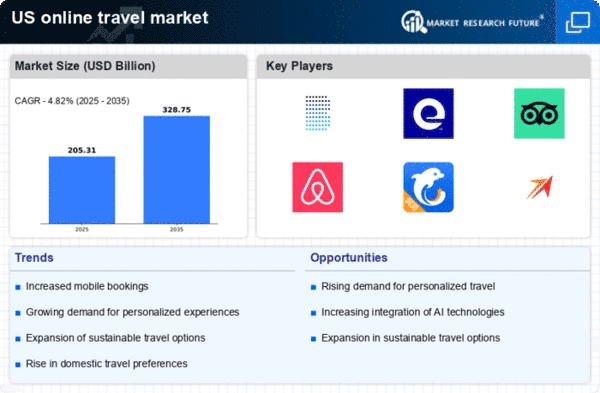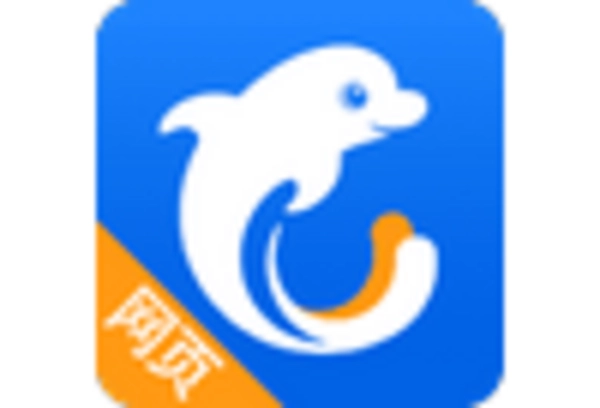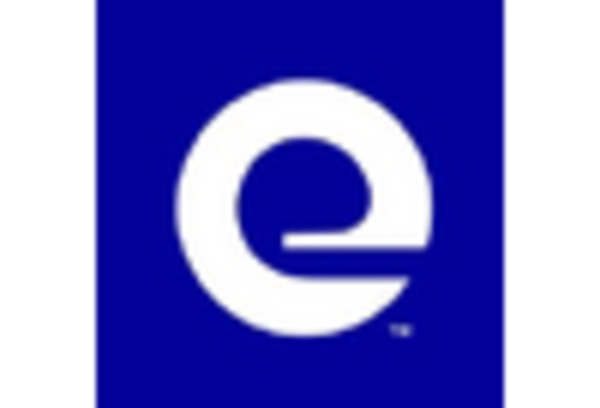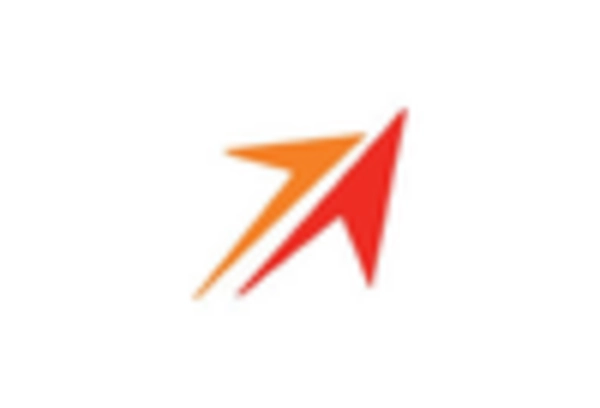Evolving Consumer Preferences
Consumer preferences are shifting dramatically, impacting the online travel market. Today's travelers are increasingly seeking unique and authentic experiences rather than traditional tourist attractions. This trend is reflected in the growing demand for niche travel services, such as eco-tourism and adventure travel, which have seen a rise of approximately 25% in bookings over the past year. Additionally, the desire for flexibility in travel arrangements, including last-minute bookings and customizable itineraries, is reshaping how travel companies operate. As consumers prioritize experiences over material possessions, the online travel market must adapt to these evolving preferences to remain competitive and relevant.
Rise of Social Media Influence
Social media is playing an increasingly pivotal role in shaping consumer behavior within the online travel market. Platforms such as Instagram and TikTok are not only serving as sources of inspiration but also as channels for direct bookings. Approximately 40% of travelers in the US report that social media influences their travel decisions, highlighting the importance of digital marketing strategies for travel companies. As influencers and user-generated content gain traction, businesses are likely to leverage these platforms to enhance brand visibility and engagement. This trend suggests that social media will continue to be a critical driver of growth in the online travel market.
Regulatory Changes and Compliance
The online travel market is subject to various regulatory changes that can significantly impact operations. In recent years, there has been a push for greater transparency in pricing and consumer rights, leading to new regulations that travel companies must adhere to. Compliance with these regulations is essential for maintaining consumer trust and avoiding legal repercussions. As the regulatory landscape evolves, companies that proactively adapt to these changes are likely to gain a competitive edge. This focus on compliance not only fosters a more trustworthy environment for consumers but also drives innovation within the online travel market as companies seek to enhance their service offerings.
Increased Competition Among Online Platforms
The online travel market is witnessing intensified competition among various platforms, which is reshaping the landscape of travel booking. Major players are continuously innovating to capture market share, leading to enhanced service offerings and competitive pricing. In 2025, it is projected that the number of online travel agencies in the US will increase by 15%, further saturating the market. This competition encourages companies to invest in marketing strategies and technology to differentiate themselves. As a result, consumers benefit from better deals and improved services, which could potentially lead to increased overall spending in the online travel market.
Technological Advancements in Travel Booking
The online travel market is experiencing a transformative phase due to rapid technological advancements. Innovations such as artificial intelligence and machine learning are enhancing user experiences by providing personalized recommendations and streamlined booking processes. In 2025, it is estimated that over 60% of travelers in the US utilize mobile applications for travel planning and booking, indicating a shift towards mobile-centric solutions. Furthermore, the integration of virtual reality in travel previews is likely to influence consumer decisions, allowing potential travelers to explore destinations before making commitments. This technological evolution not only improves customer satisfaction but also increases operational efficiency for travel companies, thereby driving growth in the online travel market.
















